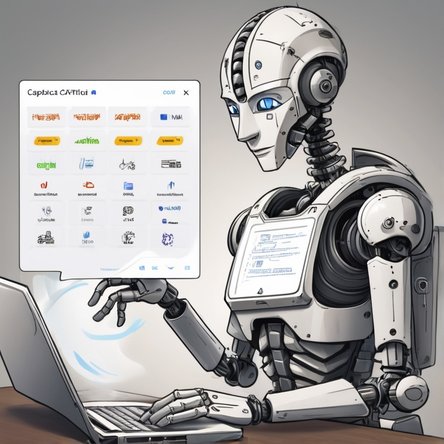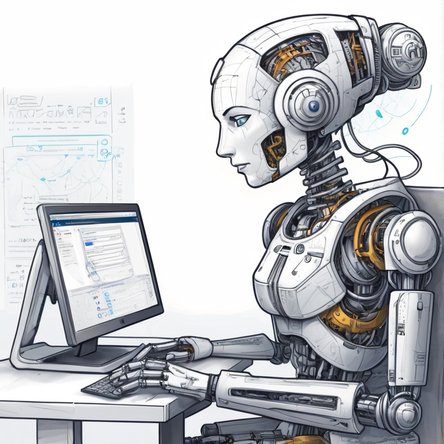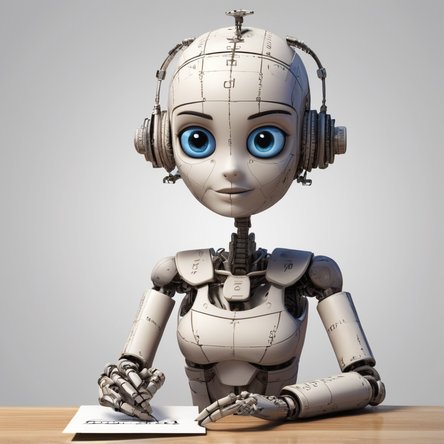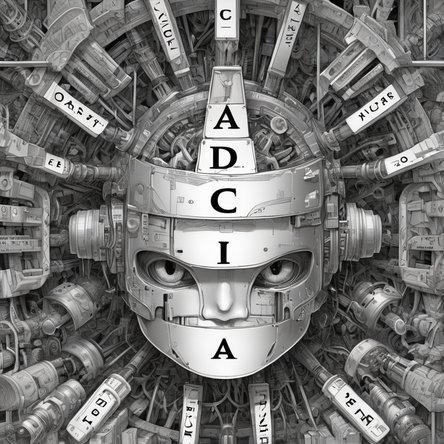Understanding CAPTCHA Pronunciation
The term CAPTCHA is an acronym for "Completely Automated Public Turing test to tell Computers and Humans Apart." It is a widely used technology designed to differentiate between human users and automated bots. Despite its prevalence on the internet, many people are unsure about how to pronounce the term correctly. This article aims to explore the correct pronunciation of CAPTCHA, its origins, and why it is essential for internet security.
The Correct Pronunciation of CAPTCHA
CAPTCHA is typically pronounced as "cap-cha." The word is pronounced in two syllables, with the emphasis on the first syllable: "CAP" as in "capture," and "CHA" as in "chat." The "C" in CAPTCHA is hard, similar to the "C" in "cat," and the "H" in the second syllable is silent, making the pronunciation straightforward. This pronunciation has been widely accepted and used by both technology professionals and everyday users.
Origins and Development of CAPTCHA
The concept of CAPTCHA was developed in the early 2000s by researchers at Carnegie Mellon University, including Luis von Ahn, Manuel Blum, Nicholas J. Hopper, and John Langford. The primary goal was to create a test that could easily be solved by humans but would be challenging for automated systems to pass. This innovation was necessary to prevent bots from performing various malicious activities, such as spamming or fraudulent transactions.
The name CAPTCHA was deliberately chosen to reflect the purpose of the technology. It not only captures the idea of a test but also hints at the notion of capturing bots. The pronunciation "cap-cha" aligns with the idea of a test that captures or identifies bots.
Importance of Pronouncing CAPTCHA Correctly
Understanding and pronouncing CAPTCHA correctly is more than just a matter of linguistic accuracy; it reflects a broader understanding of the technology and its significance. When individuals pronounce CAPTCHA correctly, it indicates their familiarity with internet security measures and their importance. This awareness can contribute to more informed discussions about online safety and the role of CAPTCHA in protecting websites and users.
Variations in Pronunciation
While "cap-cha" is the standard pronunciation, variations can occur based on regional accents and individual preferences. Some people might pronounce it as "cap-cha," with a softer "ch" sound, similar to the pronunciation of "cha" in "chapel." However, these variations are relatively rare and typically do not cause confusion.
The Role of CAPTCHA in Internet Security
CAPTCHA plays a crucial role in maintaining the security and integrity of online platforms. By distinguishing between human users and bots, CAPTCHA helps prevent automated systems from exploiting websites for nefarious purposes. This protection is vital for various online services, including social media platforms, e-commerce sites, and online banking.
CAPTCHA challenges are designed to be simple for humans to solve while posing significant difficulty for bots. Common types of CAPTCHA include distorted text that users must decipher and type, image recognition tasks where users select specific objects from a set of images, and simple math problems. Each type of CAPTCHA serves the same fundamental purpose: to verify that the user is human.
Advancements in CAPTCHA Technology
As technology evolves, so do the methods used by bots to circumvent security measures. In response, CAPTCHA technology has also advanced. Modern CAPTCHAs incorporate more sophisticated tests that are even harder for bots to solve. For instance, some CAPTCHAs now use behavioral analysis, tracking how users interact with a webpage to determine if they are human.
Despite these advancements, the pronunciation of CAPTCHA remains unchanged. "Cap-cha" continues to be the accepted and understood way to refer to this technology.
Common Misconceptions About CAPTCHA
One common misconception is that CAPTCHA is an infallible security measure. While CAPTCHA significantly reduces the likelihood of bot attacks, it is not foolproof. Advanced bots can sometimes bypass CAPTCHA challenges, leading to a continuous arms race between security developers and malicious actors. Another misconception is that CAPTCHA is solely an inconvenience for users. While it does add an extra step to the user experience, its role in protecting online security outweighs this minor inconvenience.
The Future of CAPTCHA
The future of CAPTCHA lies in making the challenges even more user-friendly while maintaining or enhancing their effectiveness against bots. Innovations such as invisible CAPTCHA, which verifies users in the background without requiring direct interaction, are already being implemented. These advancements aim to strike a balance between user convenience and robust security.
CAPTCHA Beyond Pronunciation
Understanding how to pronounce CAPTCHA is a small but significant part of understanding the broader context of internet security. As we become more reliant on online services, recognizing and appreciating the tools that protect us becomes increasingly important. CAPTCHA, pronounced "cap-cha," is one such tool that continues to evolve and adapt to the changing landscape of cybersecurity.
Conclusion
In conclusion, CAPTCHA, pronounced "cap-cha," is a critical component of internet security designed to distinguish between human users and automated bots. Its correct pronunciation reflects an understanding of its role and importance. As technology advances, so too will CAPTCHA, ensuring that it remains a vital tool in the ongoing effort to protect online platforms and their users from malicious activities. Understanding and pronouncing CAPTCHA correctly is a small but meaningful way to acknowledge the significance of this technology in our digital lives.



